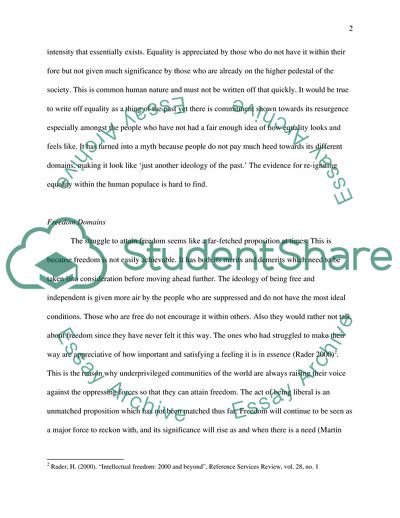Cite this document
(Are Equality and Freedom Mutually Incompatible Coursework, n.d.)
Are Equality and Freedom Mutually Incompatible Coursework. https://studentshare.org/philosophy/1788469-are-equality-and-freedom-mutually-incompatible
Are Equality and Freedom Mutually Incompatible Coursework. https://studentshare.org/philosophy/1788469-are-equality-and-freedom-mutually-incompatible
(Are Equality and Freedom Mutually Incompatible Coursework)
Are Equality and Freedom Mutually Incompatible Coursework. https://studentshare.org/philosophy/1788469-are-equality-and-freedom-mutually-incompatible.
Are Equality and Freedom Mutually Incompatible Coursework. https://studentshare.org/philosophy/1788469-are-equality-and-freedom-mutually-incompatible.
“Are Equality and Freedom Mutually Incompatible Coursework”. https://studentshare.org/philosophy/1788469-are-equality-and-freedom-mutually-incompatible.


